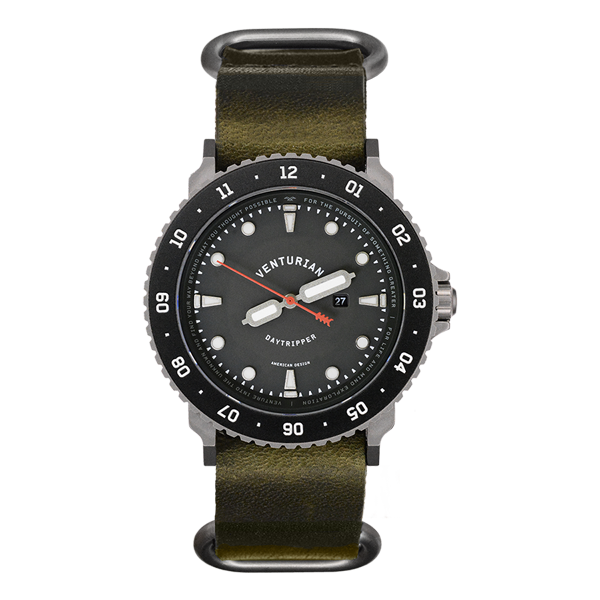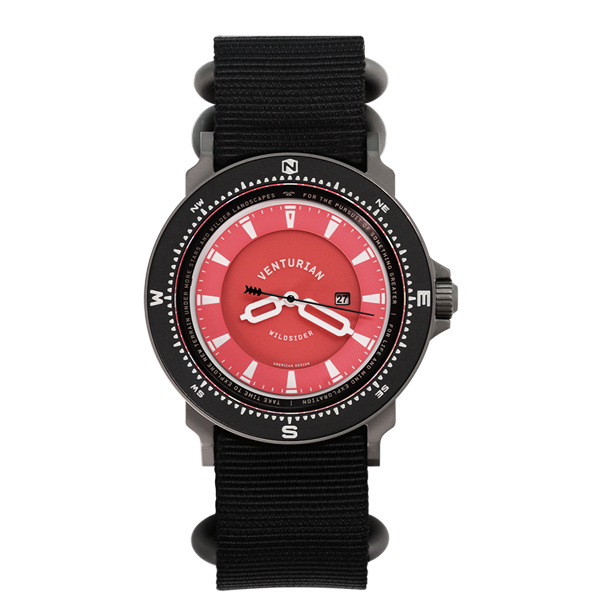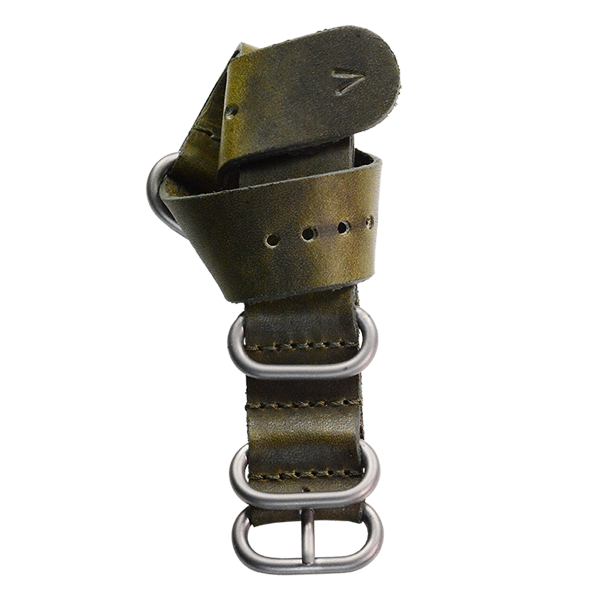Getting outside, challenging yourself, and moving your body are essential components of a healthy lifestyle. Especially as fall turns to winter and the holiday season sets in. Embracing the outdoors not only enhances our physical health but also significantly boosts our mental well-being. Here’s why prioritizing time for your health through outdoor activities is crucial.

The Physical Benefits of Getting Outside
Increased Physical Activity:
Spending time outdoors naturally encourages movement. Whether it’s walking, hiking, biking, or engaging in sports, being outside prompts us to be more active. Research indicates that individuals who spend time in nature are likely to engage in physical activities for longer durations and at higher intensities compared to those who exercise indoors.
This increased activity can lead to improved cardiovascular health, weight management, and enhanced muscle strength.
I, for one, get all cramped up as an office guy. My shoulders tighten, legs stiffen, and lungs deflate. I can't wait to get outside and move my body. It's invigorating to loosen up and stretch — especially important as we get older.

The Daytripper on a 20° 🥶 run before the snow flies
Vitamin D and Immune Function:
Natural sunlight is a vital source of Vitamin D, which is essential for bone health and immune function. Regular exposure to sunlight helps maintain adequate Vitamin D levels, reducing the risk of chronic diseases such as heart disease and diabetes.
Furthermore, being outdoors can lower cortisol levels (the stress hormone), leading to reduced muscle tension and lower blood pressure.
Enhanced Recovery and Resilience:
Outdoor activities can also help in recovery from physical exertion. Nature has a calming effect that aids in relaxation and recovery after workouts. Studies show that spending just two hours a week in nature can lead to significant improvements in overall well-being.
This time spent outside fosters resilience—both physically and mentally—as it prepares us to handle life’s challenges with greater ease.
The Mental Health Benefits of Nature
Stress Reduction:
Nature has a profound impact on mental health. Exposure to natural environments has been shown to decrease anxiety levels, reduce feelings of anger, and improve overall mood. Bingo. Mood. There is nothing like fresh air and open spaces to lift the spirit.
The simple act of stepping outside can provide an immediate sense of relief from daily stressors and help clear the mind.

Back country powder skiing in British Columbia, Canada
Improved Focus and Creativity:
Being outdoors allows for mental breaks that enhance cognitive function. Studies have demonstrated that spending time in nature can improve attention span, creativity, and problem-solving skills.
For those experiencing mental fatigue from constant screen time or urban environments, a brief walk in a park can rejuvenate the mind and spark new ideas.
It's also proven that taking a break allows for thoughts to conjoin, connect, and make sense. A good walk, run, or bike run—like a good nights sleep—can invigorate the disconnected or intangible into a magical new way forward.
Social Connections:
Outdoor activities often involve social interactions—whether it’s joining a hiking group or simply enjoying a picnic with friends. These social connections are vital for mental health as they foster a sense of community and belonging.
Engaging with others while enjoying nature can lead to lasting friendships and support networks.
Challenging Yourself for Growth
Stepping outside your comfort zone is integral to personal growth. Engaging in new outdoor activities or challenging yourself physically can boost self-confidence and resilience.
For example:
Set Goals: Aim to try new activities like rock climbing, kayaking, or even participating in local races.
Expand Your Comfort Zone: If you typically walk the same route, explore new trails or parks. This not only keeps things exciting but also exposes you to different physical challenges.
Celebrate Small Wins: Acknowledge your progress—whether it’s completing a challenging hike or simply spending more time outdoors than before.
The white dial Venturian Wildsider 38mm solar titanium compass watch
Taking Time for Your Health
Incorporating outdoor activities into your routine is not merely about fitness; it’s about prioritizing your health holistically. Taking time for yourself to engage with nature is an investment in your well-being. It encourages you to disconnect from technology, reconnect with yourself, and embrace the world around you. By challenging yourself through outdoor activities, you not only improve your health but also cultivate resilience and joy in everyday life. Make it a priority to step outside regularly—your body and mind will thank you.
-
Kaplan, R., & Kaplan, S. (1989). The Experience of Nature: A Psychological Perspective. Cambridge University Press.
-
Ulrich, R. S. (1991). Effects of Interior Design on Wellness: Theory and Recent Scientific Research. Journal of Healthcare Interior Design, 3(1), 97-100.
-
Pretty, J., Peacock, J., Hine, R., Sellens, M., & South, N. (2005). Green Exercise in the UK: A Review of the Evidence Base. University of Essex.
-
Berman, M. G., Jonides, J., & Kaplan, S. (2008). The Cognitive Benefits of Interacting with Nature. Psychological Science, 19(12), 1207-1212.
-
Frumkin, H. (2001). Beyond Toxicity: Human Health and the Natural Environment. American Journal of Preventive Medicine, 20(3), 234-240.





0 comentarios